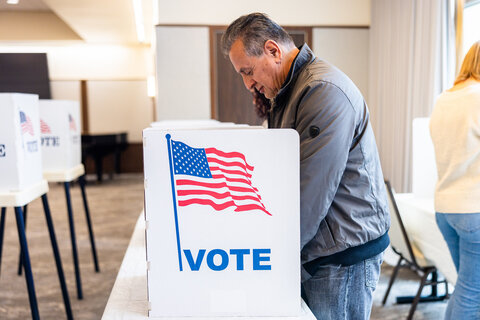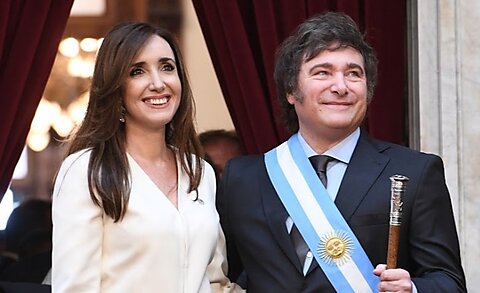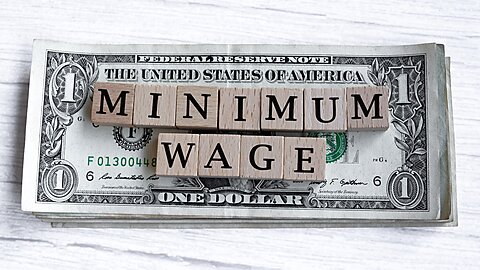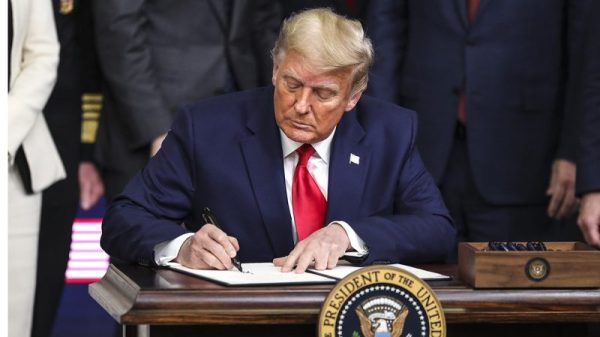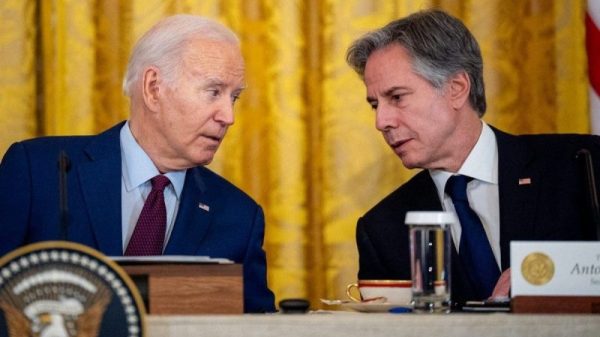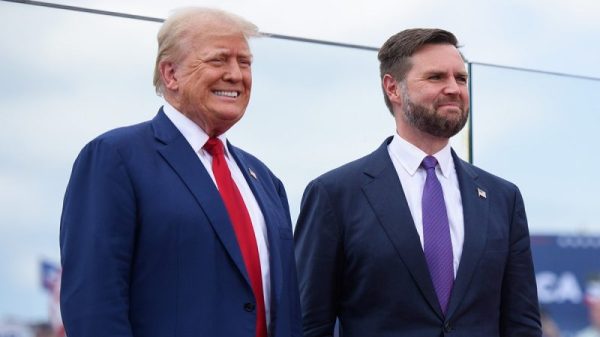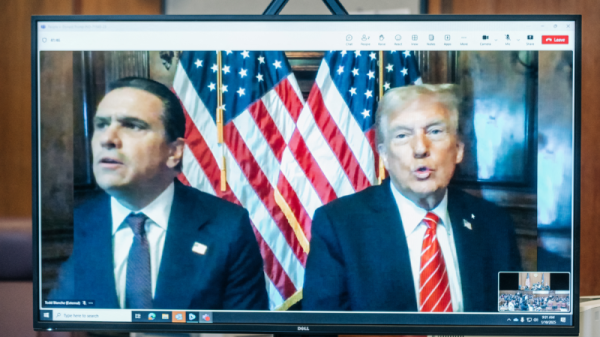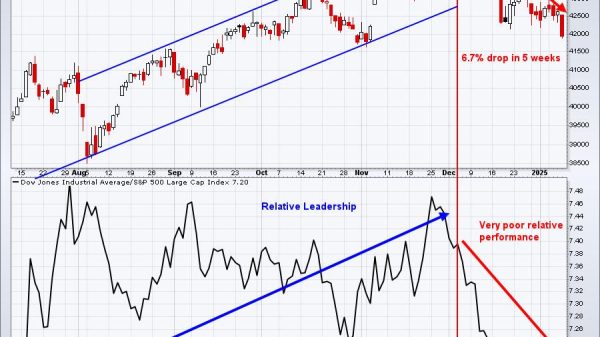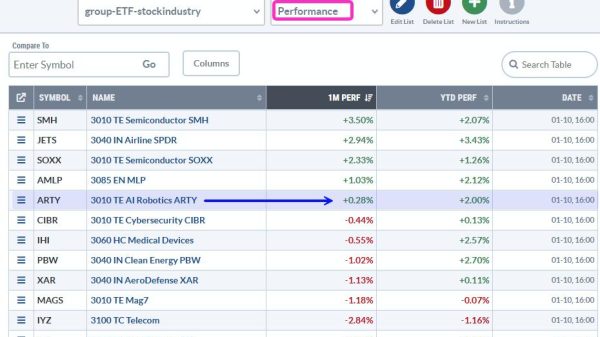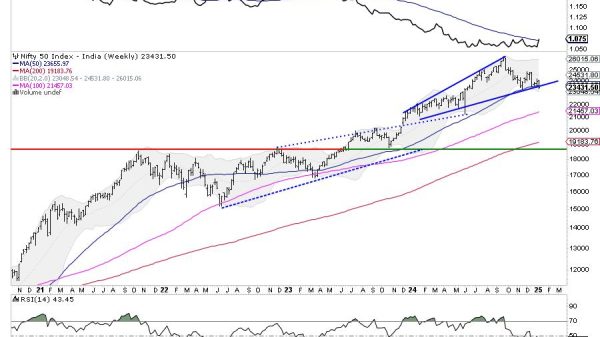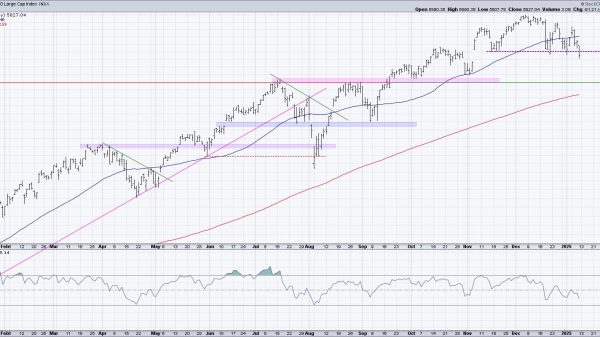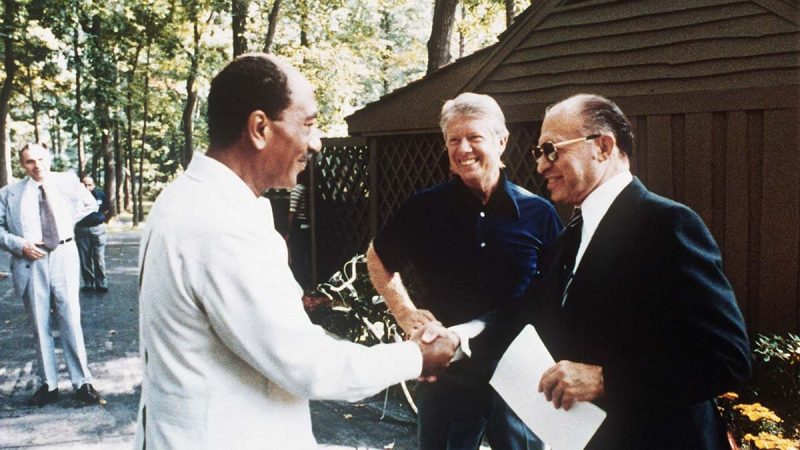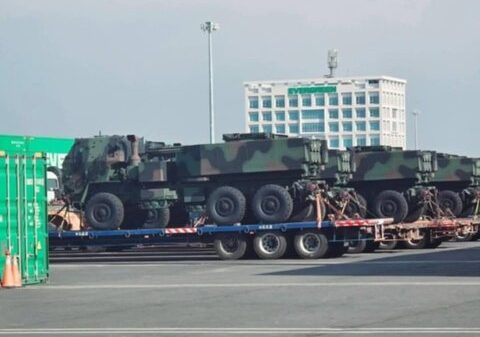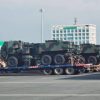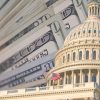
One of Former President Jimmy Carter’sdefining moments was being the president who managed to broker the first peace agreement in the Middle East, successfully ushering in peace between Israel and Egypt after 30 years of war.
With the Camp David Accords of 1978, Carter was able to stand out from his predecessors by notching a success in an area where they had failed.
The feat became particularly notable amid a presidency known for various economic and foreign affairs shortcomings.
According to Martin Indyk, the Lowy distinguished fellow in U.S.-Middle East diplomacy at the Council on Foreign Relations, ‘Arab-Israeli peace has always been the kind of Holy Grail for American diplomacy.’
‘There have been other agreements, but none of them so important, as the peace treaty that Jimmy Carter brokered between Israel and Egypt. It was the first, and it was the most important,’ Indyk, who was once special envoy for Israeli-Palestinian negotiations under former President Obama, continued.
The Camp David Accords were signed by then-President Carter, Egyptian President Anwar Sadat and Israeli Prime Minister Menachem Begin in September 1978, and signaled peace between the two countries. Egypt was considered the largest and most powerful Arab nation at the time.
Negotiations had begun years earlier, in 1973, and were led by former Secretary of State Henry Kissinger. The start of discussions was prompted by the Yom Kippur War, which had proven an expensive conflict for both Israel and Egypt, as well as the Arab countries it led.
Kissinger had managed to negotiate a ceasefire and disengagement pact, leading to Isreal withdrawing a third of its military forces from the Sinai Peninsula.
Carter first sought to finalize a deal in November 1977, when Sadat historically traveled to Jerusalem and gave remarks on his desire for peace between the countries.
Indyk described those inital talks very difficult and noted they were ultimately unsuccessful.
‘So you had this… moment of great hope created by Sadat’s initiative, to go into the enemy’s den as it were, into Jerusalem and to speak of peace. But that proved very difficult to achieve agreement,’ he said. ‘And that’s when Carter took the risky decision to bring both leaders to Camp David to try to broker a peace agreement between them.’
The high-risk meeting with both leaders at Camp David was confidential and lasted 12 days.
‘They had no certainty at all that they would be able to bridge the gaps,’ Indyk said of the meeting’s sensitive nature.
Carter faced an important question during the meeting: What would happen to the Palestinian people?
‘The Palestinian cause was a national cause for the Arabs and so Sadat felt he could not simply abandon them. That he had to have some understanding about what would happen for the Palestinians once he made peace with Israel,’ Indyk explained.
Indyk attributed Carter’s decision to focus solely on Israel and Egypt to the former president’s ‘genius.’
‘They had a kind of loose framework for what would happen on the Palestinian front, but essentially, the deal that he did, that he persuaded president Sadat of Egypt to do, was a standalone peace treaty between Israel and Egypt. That’s what he succeeded in negotiating that Camp David,’ he said.
But this result was contrary to what aides for Carter and Sadat both had advised, per Indyk.
‘This was Carter’s decision. Against the advice of his advisers and against the advice of Sadat’s advisers, it was his decision to go for the separate peace between Israel and Egypt.’
The agreement with Sadat went on to become a foreign policy hallmark of Carter’s presidency and also earned him the Nobel Peace Prize in 2002.
‘He was an embattled president,’ Indyk said. ‘Nothing else was really going well for him. There were other things he achieved, but this was the most important one.’


